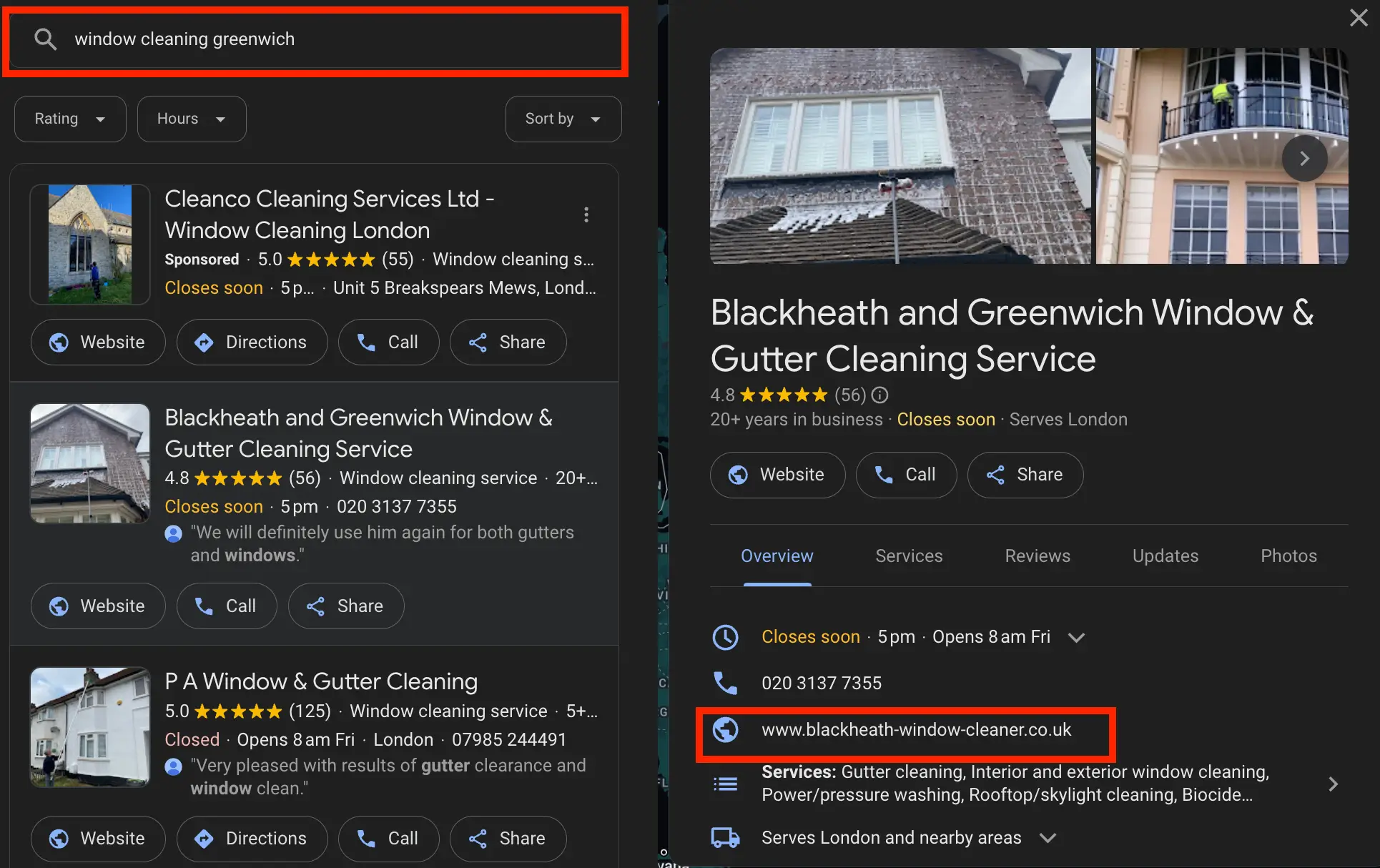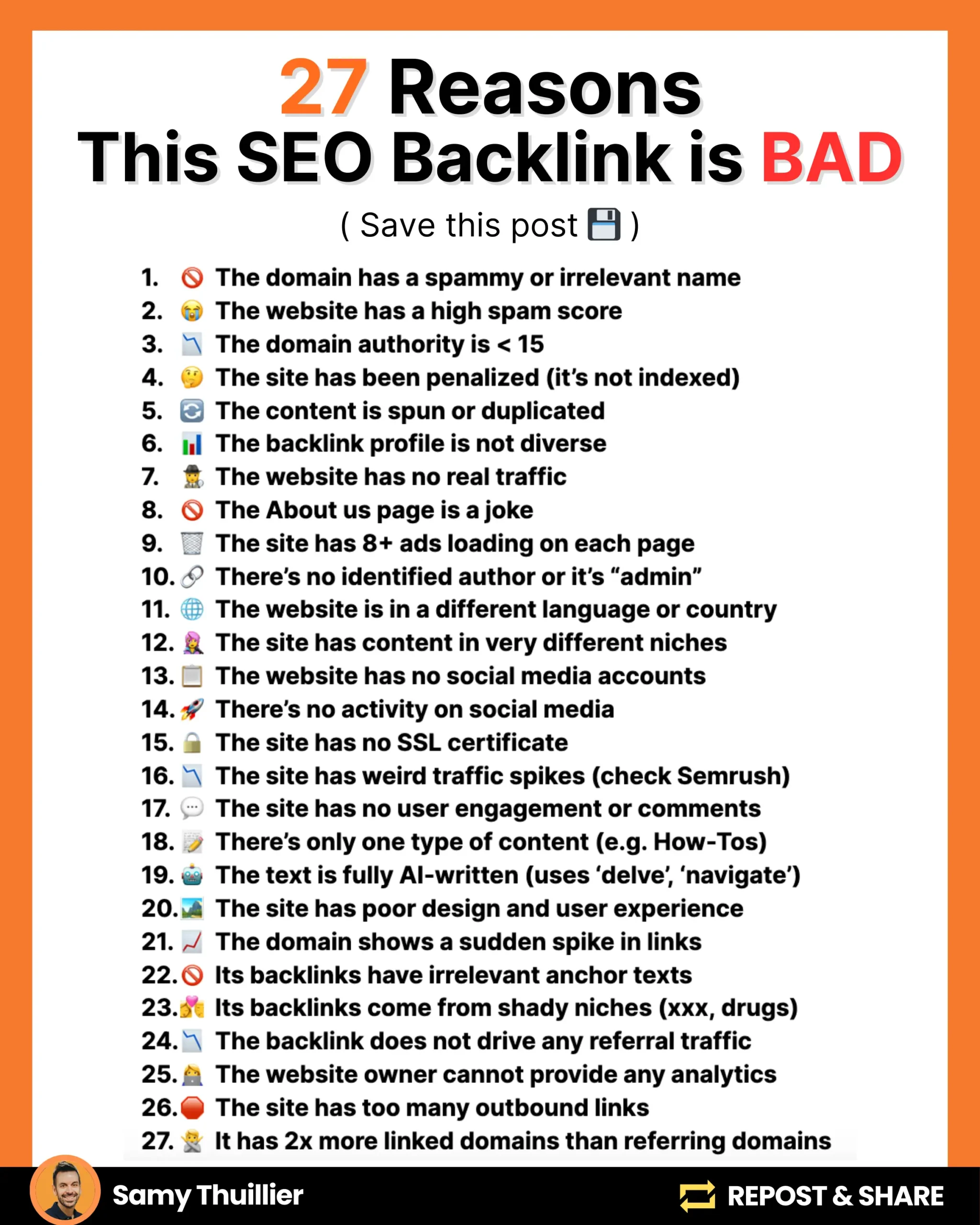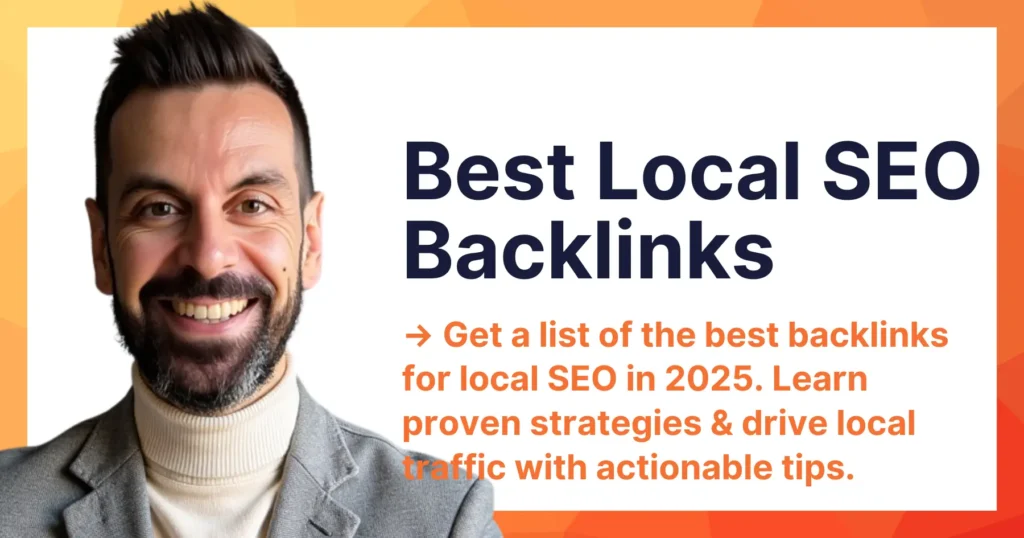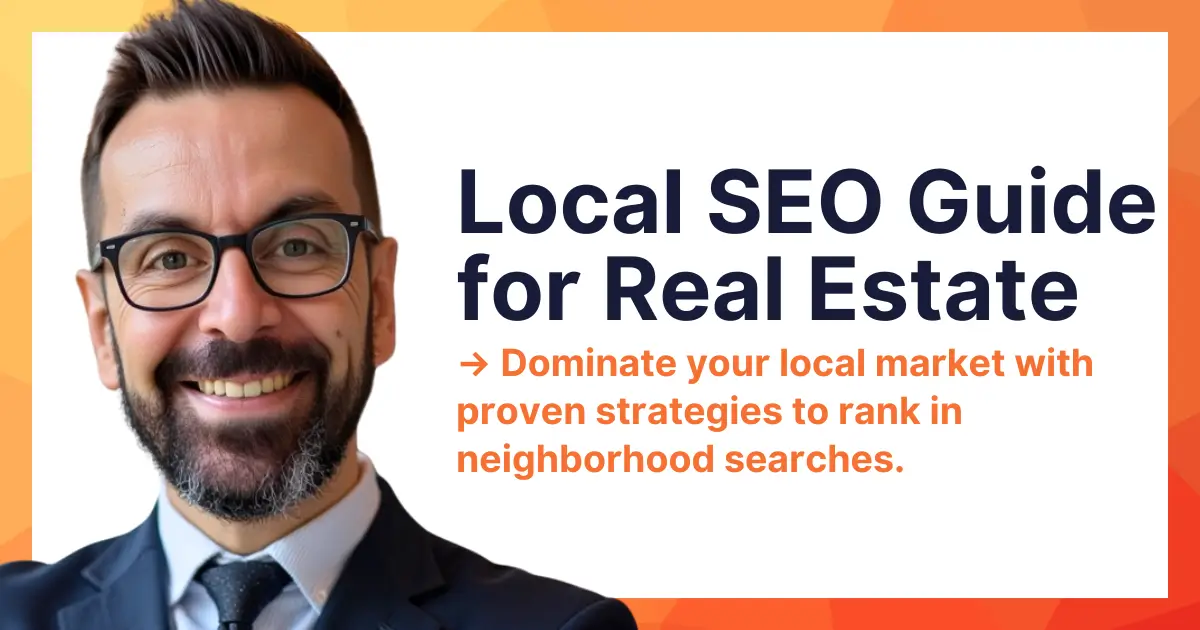When it comes to improving your local online presence, the best backlinks for local SEO are your most powerful tool. High-quality backlinks from local sources enhance your website’s authority, boost rankings in local search results, and attract targeted traffic.
In 2025, businesses that master local SEO link-building will gain a decisive edge over competitors. Whether you’re a small business owner, marketer, or SEO professional, this guide will show you how to build impactful backlinks that drive measurable results.
Best Backlinks for Local SEO Right Now
| Backlink Source | SEO Benefit | How to Secure It |
|---|---|---|
| Google Business Profile | Improves local pack visibility | Complete profile and manage citations |
| Local News Sites | Boosts authority and visibility | Send press releases or pitch stories |
| Chamber of Commerce | Increases credibility | Join as a member |
A. Google Business Profile and Citations
Google Business Profile is the foundation of local SEO. To fully leverage this, your profile should be complete with accurate information like your business name, address, and phone number (NAP). Consistency is critical, so manage citations across all platforms—local directories, review sites, and mapping services. These actions significantly boost your visibility in the local pack rankings, where most clicks originate.

B. Local News and Media Websites
Getting featured in local news outlets not only builds backlinks but also raises your brand’s profile. Start by creating press releases about your business milestones or events. Reach out to local journalists with compelling stories, such as community involvement or innovative services. Community spotlights and feature articles are excellent opportunities to secure backlinks from authoritative local domains.
C. Chamber of Commerce and Business Associations
Joining your local Chamber of Commerce provides multiple SEO benefits. Membership often includes a directory listing with a high-authority backlink. Additionally, participating in networking events opens doors to collaborations with other businesses, further enriching your backlink profile.
D. Community Organization Websites
Collaborating with local nonprofits and community organizations is an underrated way to build links. Sponsoring events or partnering on community projects often earns backlinks from their websites, which carry significant local relevance.
E. Industry-Specific Local Directories
Industry-specific local directories allow you to capture niche traffic and boost credibility. For instance, a plumber might list their business in directories dedicated to home improvement. These backlinks signal both relevance and authority to search engines.
F. Local Supplier and Vendor Partnerships
Many businesses overlook the potential of their existing partnerships. Reach out to local suppliers or vendors and suggest mutual backlink opportunities. These relationships often include partner directories or joint content initiatives.
G. Event Sponsorship Backlinks
Sponsoring local events is a win-win. You support the community and gain backlinks from event websites, festival pages, or community calendars. Your sponsorship details must be listed prominently on these pages.
H. Educational Institution Connections
Collaborate with local schools or universities by offering student discounts or participating in alumni events. These partnerships often result in backlinks from educational domains, which search engines highly value for their trustworthiness.
I. Professional Association Memberships
Membership in professional associations or local chapters offers not only networking benefits but also strong backlinks from member directories and certification pages. These links can establish your business as an authority in its industry.
Why These Backlinks Matter
A. Local Search Ranking Impact
Backlinks are one of the top-ranking factors in local SEO. They act as votes of confidence, signaling to Google that your business is trustworthy and relevant in a specific geographic area. A consistent stream of high-quality local backlinks helps you climb search rankings, especially in competitive markets.
B. Competitive Advantage
Not all businesses invest in local backlink-building, giving you an opportunity to stand out. High-quality backlinks differentiate you from competitors, establish niche authority, and enhance your brand’s online visibility.
C. Customer Trust and Credibility
When customers see your business featured on reputable local sites, it strengthens your credibility. These backlinks act as endorsements, showing potential clients that you’re an active and trusted part of their community.
D. Lead Generation Potential
Local backlinks often bring high-quality referral traffic. Visitors who click through these links are more likely to be geographically relevant leads, increasing your conversion rates and ROI.
How to Acquire These Backlinks
A. Direct Outreach Strategies
Direct outreach is a personalized and proactive approach to acquiring backlinks that has proven its value time and time again. Beyond simply sending emails, this strategy requires a combination of research, relationship building, and value-driven communication. To make the most of direct outreach, here are additional techniques and tips to success:
1. Identify Key Targets
Before reaching out, research potential backlink sources thoroughly. Use tools like Ahrefs or SEMrush to analyze competitor backlinks and identify high-authority local websites that align with your industry. Create a prioritized list of targets, including:
- Local blogs and influencers
- Community-focused websites
- Nonprofits and charities
- Niche-specific directories
2. Craft Personalized Outreach Messages
Generic, templated emails often go ignored. Instead, craft tailored messages that demonstrate you’ve done your homework. Highlight specific ways your collaboration can benefit the recipient, such as:
- Offering unique content or resources for their audience
- Sharing mutual goals or community involvement
- Proposing ways their audience might benefit from your business
Example Template:
Subject: Collaborating to Serve Our [City] Community
Hi [Recipient’s Name],
I’m [Your Name], and I run [Your Business Name], a [type of business] based in [City]. I noticed your recent article on [specific topic] and thought it was fantastic—especially the part about [specific detail].
I’d love to explore how we might collaborate to support [shared interest, e.g., small businesses in the area/community events].
For instance, I could contribute [specific resource or content idea], which I believe would resonate with your audience.
Let me know if you’d be open to a quick call to discuss this further!
Best regards, [Your Name]
3. Leverage Existing Relationships
Don’t overlook the power of your existing network. Reach out to current customers, partners, and suppliers who may already have a vested interest in your success. These relationships often lead to quick and easy backlink opportunities, such as:
- Being listed on their “trusted partners” page
- Featuring a case study of your work together
- Co-authoring blog posts or creating joint resources
4. Utilize Local Social Media Groups
Join local business groups on platforms like Facebook or LinkedIn to identify potential partners and backlink opportunities. These groups often include business owners looking to collaborate or share resources.
5. Offer Testimonials or Reviews
Many businesses are happy to link back to you if you provide a glowing testimonial or review for their product or service. This is an easy way to build relationships while securing high-quality backlinks.
6. Follow-Up Strategically
Persistence is key in outreach. Many opportunities are missed simply because the initial email went unnoticed. Follow up with a polite reminder a week after your first message, and again after two weeks if necessary. Use each follow-up to add value, such as new insights, updates, or additional collaboration ideas.
7. Propose Mutual Content Creation
Offer to collaborate on content that benefits both parties, such as:
- Hosting a webinar together
- Writing a joint blog post
- Co-sponsoring a local event or initiative
8. Track and Optimize Your Outreach Efforts
Use CRM or email outreach tools like BuzzStream or Pitchbox to track responses and measure the success of your campaigns. Analyze what works and refine your approach over time to improve your outreach success rate.
Direct outreach isn’t just about asking for backlinks—it’s about creating meaningful connections that lead to mutually beneficial partnerships. By combining thoughtful targeting, personalization, and consistent follow-up, you’ll establish a robust backlink profile that drives local SEO results.
B. Content Creation Approach
Publishing locally relevant content is an effective way to earn backlinks. Create guides, case studies, or blog posts that highlight community issues or events. For example:
- A local restaurant could publish a “Top 10 Spots for Outdoor Dining in [City]” guide.
- A retail store might write about “How to Support Local Businesses This Holiday Season.”
These pieces naturally attract links from community members and local publications.
C. Partnership Development
Identify potential partnership opportunities with businesses that complement your services. For example, a local wedding photographer could partner with florists, venues, or caterers to share backlinks on their respective websites.
Benefits of partnerships:
-
- Cross-promotional opportunities
- Increased visibility within similar audiences
- Improved backlink diversity
D. Local PR Techniques
Local PR campaigns are a powerful way to generate high-quality backlinks while building your brand’s reputation within the community. To make the most of this strategy, focus on creating press releases that stand out.
Whether you’re announcing a new product launch, celebrating a milestone, or sharing your involvement in a community project, your press releases have to be professional, concise, and engaging. Include key details such as your business’s location, the event or product’s significance, and how it benefits the local audience. Adding a human-interest angle, like how your initiative supports the community, can make your story more appealing to journalists.
To maximize the impact of your PR efforts, build relationships with local journalists and media outlets. Reach out directly to reporters who cover your industry or beat, introducing yourself and your business. Offer them exclusive access to news or behind-the-scenes insights about your company.
Additionally, participate in local events or sponsor charitable initiatives, as these activities often catch the attention of local media. By providing newsworthy content and establishing yourself as a reliable source, you increase the likelihood of earning backlinks from reputable local publications.
Implementation Best Practices
A. Link Quality Assessment
Before acquiring a backlink, assess its quality. Use tools like Moz or Ahrefs to check the domain authority of the linking site. The site must be relevant to your niche and you have to avoid links from spammy or irrelevant sources.

B. Anchor Text Optimization
Anchor text plays a critical role in local SEO. Use location-based keywords in your anchor text, but maintain natural variations to avoid over-optimization penalties.
C. Link Velocity Management
Building backlinks too quickly can raise red flags with search engines. Focus on consistent, natural growth over time. A slow and steady approach makes your link-building efforts credible.
D. Mobile Optimization
Your website needs to be mobile-friendly. A responsive design, fast loading speeds, and excellent user experience are critical for converting mobile users who find you through local backlinks.
Measuring Success
A. Key Performance Indicators
Track metrics like improved rankings, increased referral traffic, and higher conversion rates to gauge the effectiveness of your link-building efforts.
B. Tracking Tools and Methods
Use tools like Google Analytics and Ahrefs to monitor backlink performance. Set up rank tracking for your target keywords and regularly analyze traffic sources.
C. ROI Calculation
Calculate the ROI of your backlink-building efforts by measuring the cost of acquisition versus the revenue generated. Focus on long-term value, as high-quality backlinks continue to deliver benefits over time.
| Metric | Description | How to Measure |
|---|---|---|
| Cost Per Acquisition (CPA) | The total cost of acquiring a new customer through link-building efforts. | Divide total campaign cost by the number of new customers acquired. |
| Revenue Attribution | The income generated from customers who originated from backlinks. | Track referral traffic and calculate the revenue generated by those visitors. |
| Long-Term Value (LTV) | The total revenue a customer generates over their lifetime, factoring in backlink-driven traffic. | Use analytics tools to estimate customer retention and repeat purchase behavior. |
| Traffic Growth | Increase in organic traffic attributed to backlink-building efforts. | Compare pre- and post-campaign traffic data using tools like Google Analytics. |
| Conversion Rate | The percentage of visitors from backlinks who take desired actions (e.g., purchases, sign-ups). | Track and analyze conversion data specific to referral traffic. |
Common Pitfalls to Avoid
A. Over-Optimization Risks
Avoid using the same anchor text repeatedly or acquiring too many links in a short period. Diversify your backlink profile to maintain a natural appearance.
B. Low-Quality Link Sources
Stay away from spammy or irrelevant directories. These links can harm your website’s reputation and rankings.
C. Geographic Inconsistencies
Make sure all your local citations have consistent NAP information. Discrepancies can confuse search engines and harm your local SEO efforts.
Future-Proofing Your Strategy
A. Emerging Trends
Stay ahead of changes by optimizing for voice search and embracing AI-powered tools for local SEO insights. Mobile-first strategies will also remain crucial as mobile usage continues to grow.
B. Algorithm Adaptations
Adapt to search engine algorithm updates by focusing on quality and user experience. Monitor local ranking factors and adjust your strategy accordingly.
C. Strategy Evolution
Regularly audit your backlink profile and refine your approach. Analyze competitor backlinks to identify new opportunities so that your tactics stay effective.
Action Plan
A well-crafted action plan is essential for achieving consistent and measurable success in your local SEO efforts. Without a clear roadmap, it’s easy to lose focus, waste resources, and miss valuable opportunities.
The goal of an action plan is to make every step in your backlink strategy is intentional, prioritized, and aligned with your overall business goals. It helps you identify quick wins for immediate impact, develop a structured timeline for implementation, and maintain momentum with long-term strategies.
By breaking down your approach into actionable steps, you can stay organized, track progress effectively, and maximize ROI from your link-building efforts.
A. Immediate Steps
- Audit your existing backlinks.
- Identify quick wins, such as correcting inconsistent citations.
- Prioritize outreach to high-value local sources.
B. 90-Day Roadmap
- Launch outreach campaigns targeting local organizations.
- Create localized content to attract natural backlinks.
- Develop partnerships with community leaders.
C. Long-Term Maintenance
- Monitor your backlinks for quality and relevance.
- Conduct regular audits to identify gaps.
- Focus on sustainable growth by maintaining strong local relationships.
Frequently Asked Questions
Do backlinks help local SEO?
Absolutely. Backlinks are essential for local SEO as they enhance your website’s authority and help search engines understand your geographic relevance. They improve your chances of ranking in the local pack and drive high-quality traffic.
Which backlinks are best for SEO?
For local SEO, the best backlinks come from authoritative and geographically relevant sources such as local directories, community organizations, and reputable local media outlets. These links signal trust and relevance to search engines.
What is the best strategy for local SEO?
A winning local SEO strategy involves optimizing your Google Business Profile, managing consistent citations, and building backlinks from local, authoritative sources. Content creation and active community involvement also play key roles.
What type of links should you care about for local SEO?
Focus on links from local directories, community websites, local news outlets, and partnerships. These links carry the geographic and industry-specific relevance needed to boost your local search rankings.














